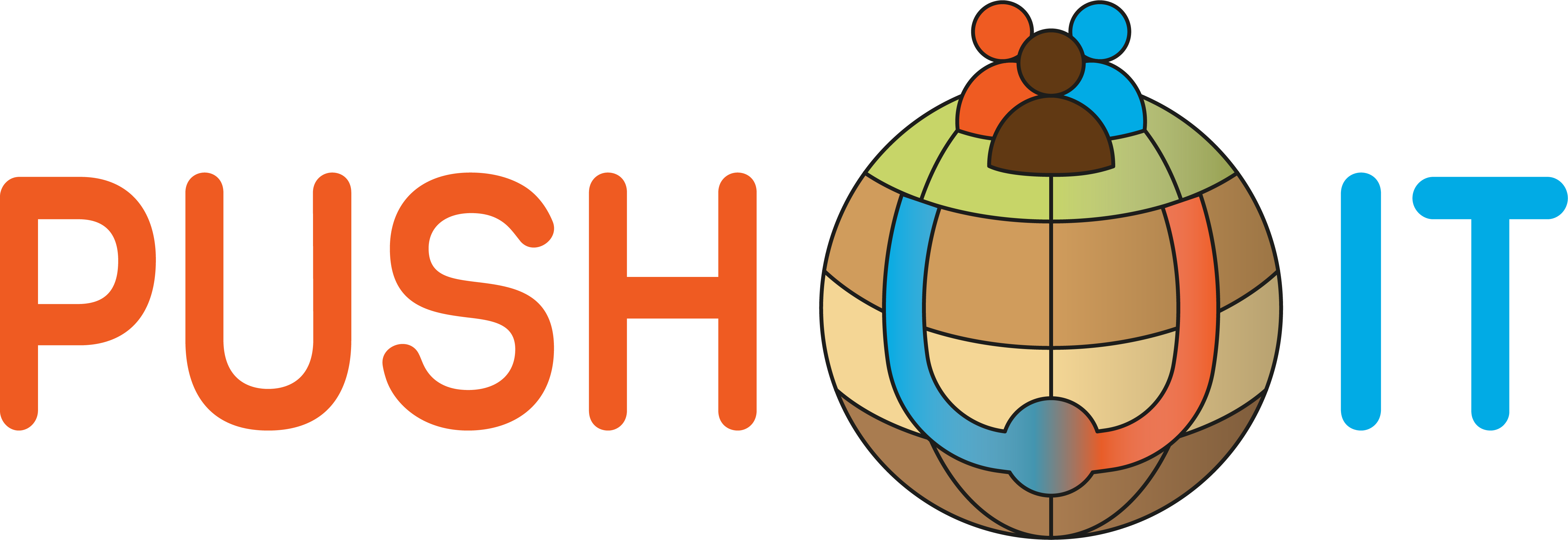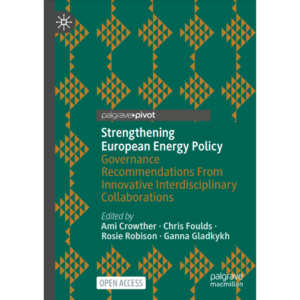PUSH-IT and European experts call for early, community-centric engagement in geothermal projects.
Policymakers and the geothermal sector should do more to include local communities in energy decision-making. This is what an interdisciplinary group of researchers recommend in a newly published chapter. They argue that inclusive, early and continuous societal engagement should be prioritised to maximise the benefits of geothermal technologies.

Following a call by the Horizon Europe SSH CENTRE, a group of PUSH-IT members joined forces with several other European experts. The new team worked across disciplines to explore the social and geoscience implications of subsurface unknowns and uncertainties for public engagement in geothermal energy developments in Europe. Several online meetings and a face-to-face workshop later, the team produced an Open Access chapter recommending to ‘Prioritise Inclusive, Early, and Continuous Societal Engagement To Maximise the Benefits of Geothermal Technologies’. It is published within a wider Open Access collection on Strengthening European Energy Policy.
The chapter argues that policymakers can do more to support the inclusion of local communities in energy decision-making, including in geothermal projects. In this process, deliberation and co-creation with local communities could be used more widely than it is now. This, in turn, requires that geothermal industry actors also prioritise societal engagement. A key aspect of the collaboration was highlighting the needs to address both the technical specificities of geothermal projects and their social challenges. Helpfully, the chapter dedicates a whole section to how societal engagement in geothermal projects can become more inclusive, with some real-life examples. Amongst other things, we learn about the importance of building and maintaining trust with communities, being mindful of how it can also be broken and how challenging it can be to regain.
“Voices from technical, social and sciences disciplines need to come together to work through the multi-faceted challenges of geothermal projects.”
Melanie Rohse
Melanie Rohse, societal engagement researcher in PUSH-IT, contributed to the chapter. “Many aspects of the chapter are relevant to PUSH-IT, but two stand out. First, on process, how we work together matters. The authors remind us of the importance of interdisciplinary collaboration where different disciplines actively exchange ideas and come together intentionally to work through multi-faceted challenges. The chapter is very clear on the technical and social aspects of geothermal projects, which means that voices from technical, social and sciences disciplines need to come together to work through these challenges. This means representing a range of disciplines in how problems are explored.”
“Second, Underground Thermal Energy Storage has by nature very local applications. The chapter highlights a need to be sensitive to local challenges, not only technical but also social, and this focus on social aspects of a project tends to be currently lacking. Importantly, and echoing the first point, it is not a journey that technical scientists are expected to undertake alone. Rather, mainstreaming interdisciplinary collaborations will enable both technical and social aspects of projects to be addressed appropriately.”
Read the open-access chapter, available now: ‘Prioritise Inclusive, Early, and Continuous Societal Engagement To Maximise the Benefits of Geothermal Technologies’.

PUSH-IT is a project funded by the European Union’s Horizon Europe research and innovation programme under grant agreement No 101096566.
Funded by the European Union. Views and opinions expressed are however those of the author(s) only and do not necessarily reflect those of the European Union. Neither the European Union nor the granting authority can be held responsible for them.

